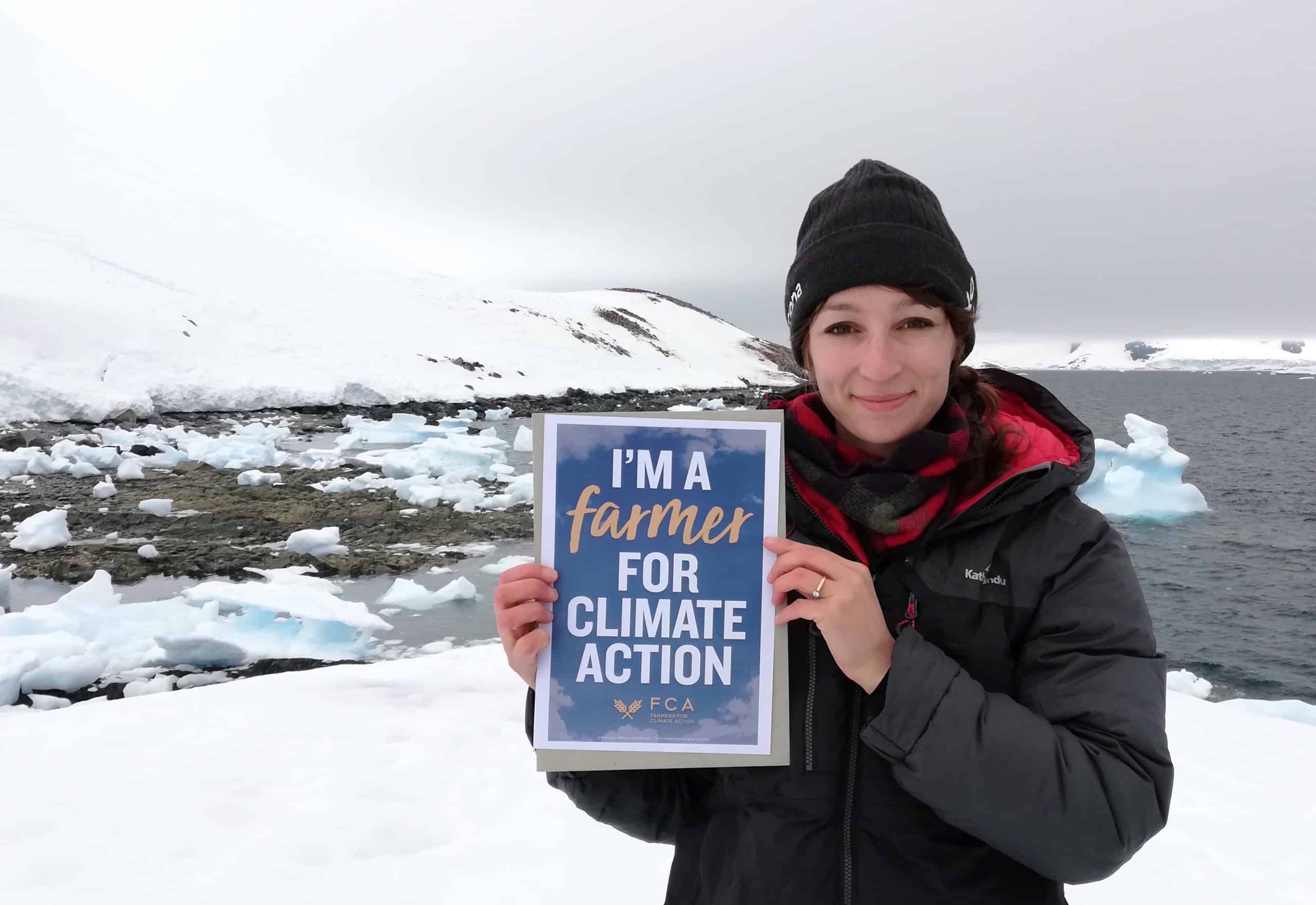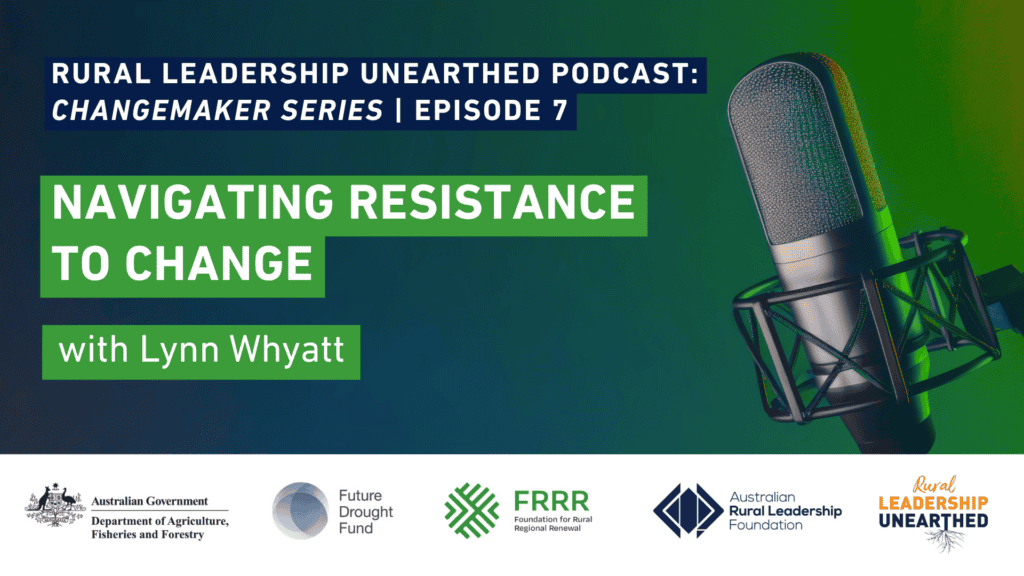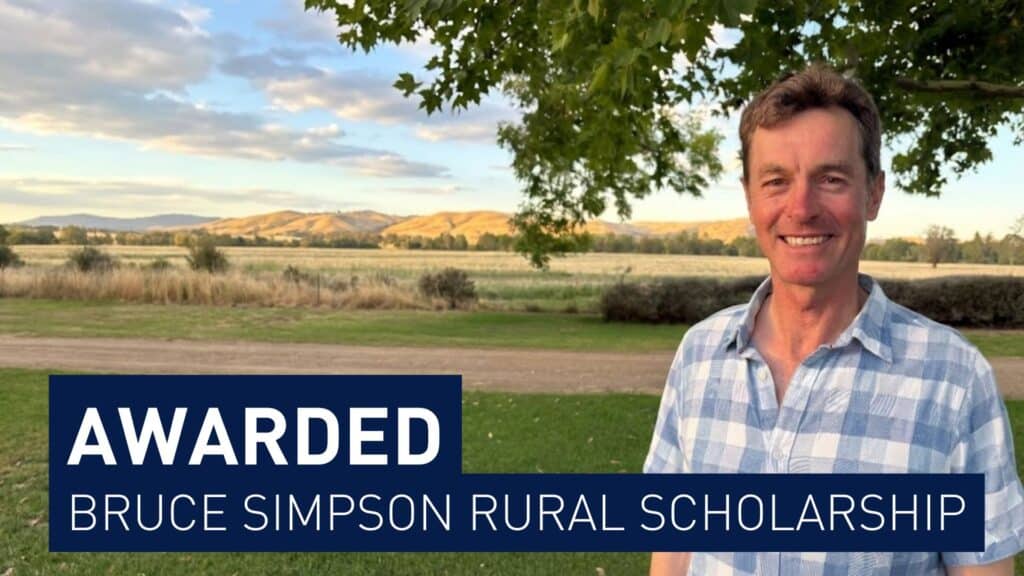Post-voyage reflection – By Anika Molesworth
It has been quite an extraordinary start to 2020 – extreme heat, dust-storms, drought and bushfire smoke – have been events that many of us have experienced these last few weeks. A constant reminder of the stress our natural world is under.
However, I ended 2019 in a very different place. A frozen landscape protected by international cooperation for peace and science. A majestic white wilderness with epic mountain landscapes and where the seas teem with wildlife. Antarctica was breathtaking.
I was selected to be part of a leadership program with a cohort 100 women in STEMM (science, technology, engineering, mathematics and medicine) with Homeward Bound. For over 12 months I prepared for Antarctica, and in mid-November 2019 I arrived in Ushuaia, the southernmost tip of Argentina. It was here I met incredible women from around the world, from all different backgrounds and disciplines, but here with a common purpose – to help create the best possible future for our planet.
Over November and December, I was immersed in the intensive Homeward Bound program that covered four key components – leadership, strategy, visibility and science. The program consisted of lectures, personal coaching sessions, group action setting, and individual presentations. We dived into the greatest challenges facing our planet – tackling the complexities of these issues head-on in honest discussion – and brainstorming how to implement effective solutions.
This program was set against the backdrop of Antarctica – to which we referred to as our most important faculty member. Antarctica taught us so much. The landscape showed us the importance of stillness and reflection, the fragility of our natural world, and the power and presence of our incredible planet. This iconic environment showed us first-hand the influence of human activities on the environment and provided critical insights into the global-scale change required.
Climate change is impacting Antarctica and that has global implications. Antarctica is the coldest, windiest and driest continent on Earth. It is a vast continent that has challenged explorers, captivated scientists and inspired dreamers through the centuries. It is a place of beauty and mystery, covered with ice kilometres deep and home to some of the world’s most incredible creatures – orcas, sealions, penguins and whales to name a few.
Antarctica is also one of the regions of the world where the impacts of climate change are most apparent and pronounced. Temperatures here are rising double the rate of the global average. As oceans and air temperatures become warmer, the ice-covered land melts. This is raising sea levels, and 1m sea level rise displaces 100 million people. With huge global population numbers living along coastlines or in low lying inland regions, rising sea levels poses serious risk to people and ecosystems. Phytoplankton – the underrecognized microscopic lungs of the earth that live underneath sea-ice – take up 50% of the CO2 we produce, and give us half the oxygen we breath. As the ice disappears, so do the phytoplankton and the important role they play in carbon capture and within the larger foodweb. As you can see, small changes at the southern end of the planet have big changes to the rest of the planet.
Antarctica is sometimes referred to as the thermostat of the world. Atmospheric and ocean temperatures are determined by what goes on at the bottom of the globe. Weather systems experienced in Australia and other parts of the world are driven by the global circulation systems. Rainfall and temperatures over farmland for instance, are interlinked by the conditions and changes in the southern white wilderness. As farmers are all too aware – our productive capacity and livelihoods are intimately related to the health of our natural world.
Now, I am back home on my family’s farm in the arid heart of Australia, where again I am reminded on a daily basis of the climate challenges we face. We’ve had to truck in water – the first time in our family’s history on the farm – and summer has been defined by relentless dust-storms and 40+ degree days.
However, something has shifted in me. I am feeling more equipped and motivated than ever to stand-up to the big challenges and protect the incredible places we love and call home. I am feeling more optimistic about our future than I have in a long time. I have met incredible STEMM women working actively on the solutions and who are not shying-away from what needs to be done. I have returned home with new knowledge and networks. I have developed my communication skills and plan to use these to positively influence policy and decision-making on climate action. I plan to continue amplifying the voice of farmers who are grappling with the harsh realities of climate change today, so we can ensure the best possible tomorrow.
As a result of this program, I am going to focus my efforts in 2020 on three key areas; education, engagement and empowerment.
Education: using my science knowledge to share information on climate change and what this means for people, landscapes and livelihoods.
Engagement: sharing my story and the wider story of climate change impacts on agriculture, and thereby connecting people to climate change.
Empowerment: working with people to become part of the solution, and providing them with the means and confidence to be positive change-makers.
I will endeavor to educate, engage and empower individuals and groups through a range of platforms – including using traditional media outlets, social media channels, presenting at events, and working with organisations and policy-influencers within and outside of agriculture. If you have ideas or suggestions to share with me, so we can be most effective in ensuring a healthy planet and farming sector, I would love to hear from you.
You can follow Anika’s work at @AnikaMolesworth and @ClimateWiseAgriculture on Twitter, Instagram, Facebook and LinkedIn.





